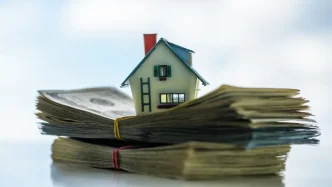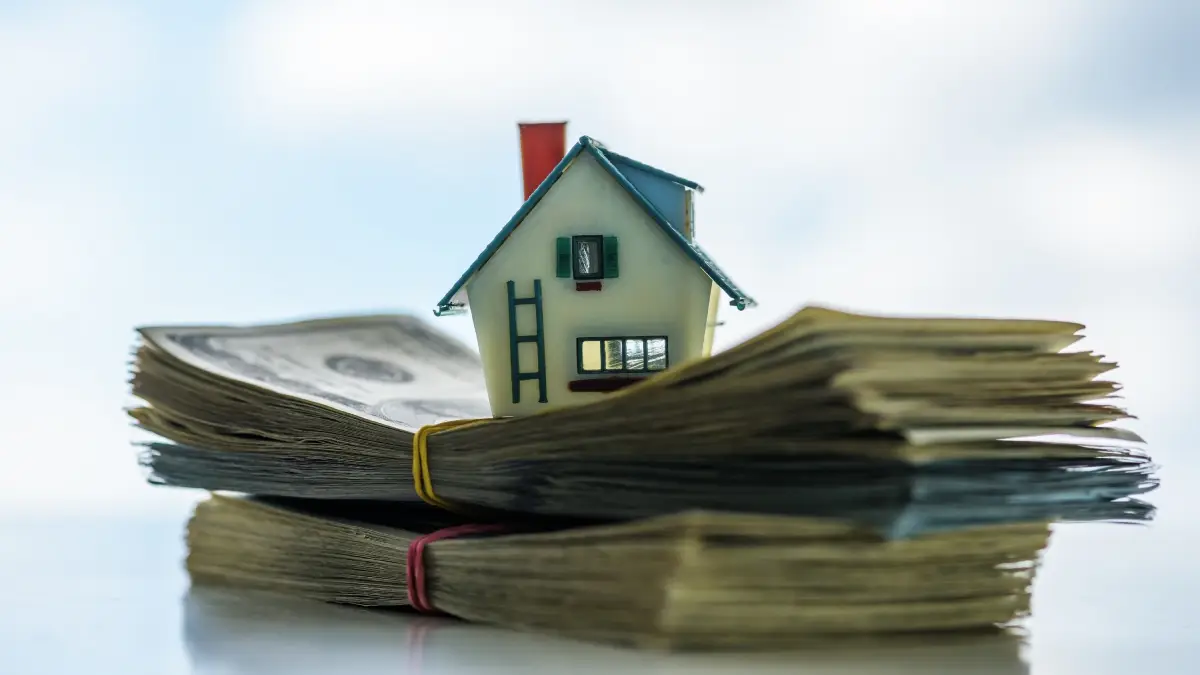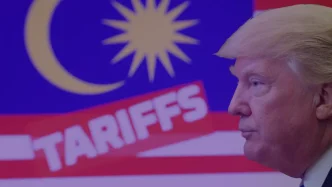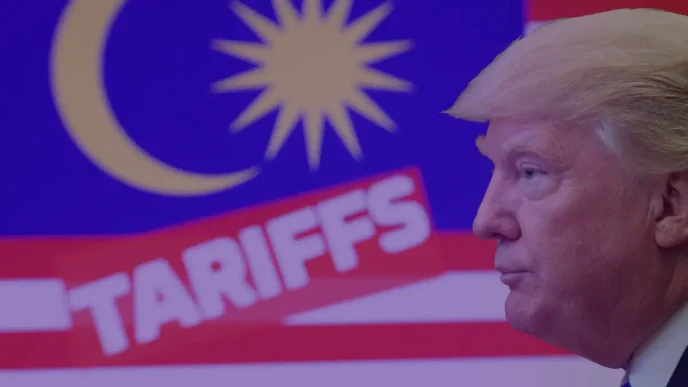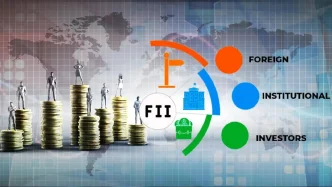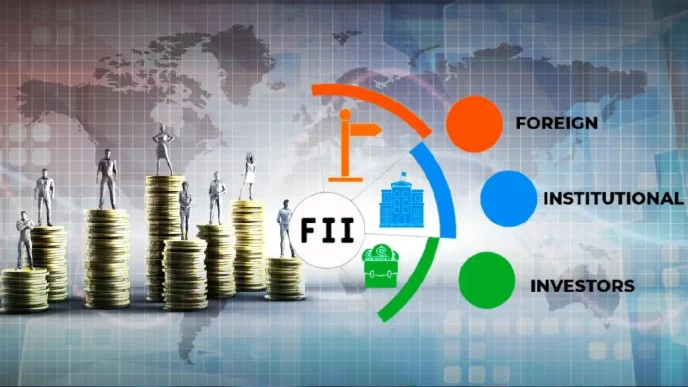In the first seven months of 2025, Vietnam’s state budget revenue soared to an estimated 1.5775 quadrillion VND (~US$62.34 billion), achieving 80.2% of its annual target. This remarkable fiscal performance, driven largely by unprecedented land-related revenues, has bolstered both central and local coffers. However, beneath the surface of this financial triumph lies a growing debate about the sustainability of an economy increasingly reliant on land sales, with experts warning of deepening inequality and long-term risks.
Land Revenues Fuel Budget Surge
Vietnam’s fiscal landscape in 2025 has been reshaped by a dramatic increase in land-related income, which reached 243.644 trillion VND (~US$9.62 billion) in the first half of the year—equivalent to 96% of the annual target and a staggering 2.6 times higher than the same period in 2024. This surge has proven a financial lifeline for many regions. Hanoi, for instance, collected 86.751 trillion VND (~US$3.43 billion) from housing and land in the first six months, a 539% increase year-on-year. Of this, approximately 74 trillion VND (~US$2.92 billion) came from land use fees alone, reflecting a rise of over 600%.
Ho Chi Minh City followed closely, amassing more than 65 trillion VND (~US$2.56 billion) from land transactions, meeting 90.7% of its yearly goal in just half the time. Central provinces also reaped significant gains: Nghe An secured 10.27 trillion VND (~US$405 million), accounting for 66% of its local revenue, while Da Nang surpassed its target with 4 trillion VND (~US$158 million), contributing to a total revenue of over 31.599 trillion VND (~US$1.25 billion) in seven months.
These figures highlight the critical role of land revenues in Vietnam’s budget strategy. Yet, as the state capitalizes on soaring land prices and aggressive auctions, questions emerge about the origins of this land rent and the broader economic implications of such a dependency.
A Bubble in the Making?
The rapid escalation of land prices, often driven by speculative investment and fiscal policies prioritizing revenue from land sales, has raised alarms among financial experts. At a National Assembly forum on socio-economic development oversight on August 6, 2025, veteran finance and budget specialist Dr. Tran Du Lich delivered a stark metaphor for Vietnam’s property market. He described it as “an airplane with only business and first-class seats, but no economy class” highlighting the exclusion of middle- and low-income citizens from homeownership dreams.
Dr. Lich cautioned that the current real estate bubble, fueled by speculation and government reliance on land income, is pushing prices to unsustainable levels. When land is converted from agricultural to commercial use and auctioned at inflated market prices, it generates immediate revenue but burdens households and businesses with higher costs for housing, production, and services. This dynamic, he argued, threatens the very foundation of economic stability if incomes fail to keep pace with such rapid price increases.
Economic Gains Amid Strain
Vietnam’s overall budget revenue for the first seven months of 2025 grew by 27.8% compared to the same period in 2024, marking the highest growth rate in four years. Factors such as improved tax administration, accelerated public investment disbursement, and a recovery in production and exports have contributed to this achievement. However, the dominant force behind the surge remains land revenue, propelled by skyrocketing prices and aggressive land auctions.
Despite these fiscal gains, the broader economic picture reveals significant challenges. In the same period, 144,400 businesses exited the market—an average of 20,600 closures per month, representing a 15.1% increase year-on-year. Additionally, tax and payment arrears ballooned to nearly 240 trillion VND (~US$9.48 billion), underscoring severe difficulties in the production sector. These indicators suggest that while land revenues provide a short-term boost to state finances, they may mask deeper structural issues within the economy.
The Cost of Over-Reliance on Land
Land revenues have undeniably supported critical public services, including health, education, and welfare programs. Local governments, particularly in major cities like Hanoi and Ho Chi Minh City, have leveraged these funds to meet ambitious development goals. Yet, an over-reliance on this income stream poses significant risks. High land prices inflate the cost of housing and business operations, reducing Vietnam’s competitiveness as an investment destination. This, in turn, could deter foreign direct investment and stifle domestic entrepreneurship.
Moreover, the real estate market faces the threat of gridlock. As demand becomes exhausted amid price bubbles and supply-demand imbalances, there is a growing risk of capital flight when prices peak. Businesses, unable to afford land for expansion, may scale back operations or relocate to more cost-effective regions, further undermining future budget revenues. For households, the dream of owning a home becomes increasingly elusive, exacerbating social inequality and fueling public discontent.
Inequality and the Economy Class Dilemma
Dr. Lich’s analogy of a plane without economy-class seats strikes at the heart of Vietnam’s current economic trajectory. An economy where middle- and low-income individuals are priced out of the property market risks fostering deep-seated inequality. Homeownership, often seen as a cornerstone of financial security and social mobility, is slipping beyond the reach of the majority. This exclusion not only affects individual families but also has broader implications for economic cohesion and stability.
The conversion of agricultural land for urban development and auctioning at premium rates has been a key driver of revenue growth. However, it also displaces rural communities and inflates urban land costs, creating a vicious cycle of unaffordability. When businesses face prohibitive land access costs, their ability to grow and contribute to the economy diminishes, potentially leading to a future where even the current budget surpluses become unsustainable.
Toward a Sustainable Fiscal Strategy
The central question facing Vietnam’s policymakers is whether budget growth driven by land revenues truly reflects the health of the economy and the well-being of its citizens. While the fiscal numbers for 2025 paint an optimistic picture, the underlying risks of inequality, economic exclusion, and market instability cannot be ignored. A budget strategy overly dependent on inflated land prices risks being a short-term fix with long-term consequences.
Experts argue that Vietnam must pivot toward a more sustainable fiscal model—one rooted in real production, investment, and consumption rather than speculative land gains. Land policy should be reoriented to drive inclusive development, ensuring that the real estate market serves the majority by enabling affordable homeownership for the public and accessible land for enterprises. This shift would require balancing the immediate financial benefits of land auctions with the need to maintain economic competitiveness and social equity.
Furthermore, addressing the structural challenges in the production sector is critical. Supporting struggling businesses through targeted tax relief, improved access to credit, and streamlined regulations could help stem the tide of closures and reduce payment arrears. Such measures would create a more resilient economic base, less reliant on volatile land revenues and better equipped to weather future downturns.
Looking Ahead: Balancing Growth and Equity
Vietnam stands at a crossroads in 2025. The budget boom fueled by land revenues offers a rare opportunity to invest in infrastructure, social programs, and economic diversification. However, without a strategic shift toward sustainable fiscal policies, the country risks deepening inequality and undermining its long-term growth prospects. The warning of an economy without economy-class seats serves as a poignant reminder that prosperity must be inclusive to be enduring.
As Vietnam navigates this complex terrain, the challenge will be to harness the benefits of its current fiscal strength while addressing the structural inequalities and risks embedded in its reliance on land income. Can the government craft policies that prioritize both economic growth and social equity, ensuring that the benefits of development reach all citizens? The answer to this question will shape Vietnam’s economic future for years to come.
